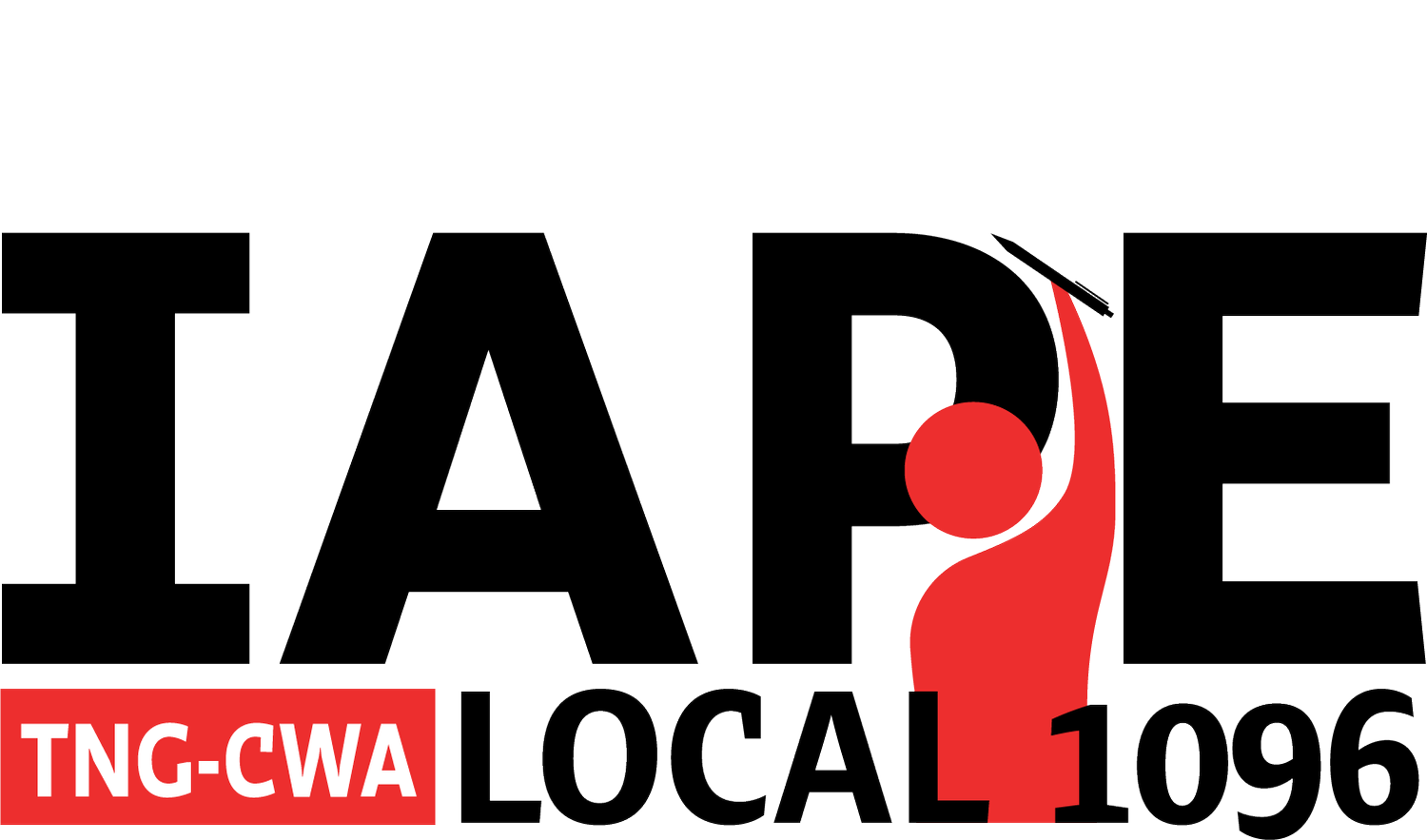May 30, 2013
Take Action!
Urge Lawmakers to Pass Federal Shield Law
From The Newspaper Guild — The Guild is launching an email campaign today to turn up the heat on Congress to pass a federal shield law, ensuring that journalists are allowed to protect their sources and do their jobs without government interference.
Guild members and everyone else concerned about press freedom is asked to go to the action page, find their member of Congress and their senators, and send an email. You can choose to send the message as prepared or edit and change as you desire
"There's a lot of talk, a lot of energy right now on Capitol Hill around the idea of a shield law and we need to seize on that," NewsGuild President Bernie Lunzer said. "If we don't bring pressure to bear on Congress right now, we could lose this window of opportunity."
That window opened earlier this month when news broke that the Department of Justice, probing leaks, had seized Associated Press phone records and was investigating a FOX News reporter.
Last week, NewsGuild added its name to supporters of the "Free Flow of Information Act," a bipartisan federal shield law bill introduced in the U.S. House, and in the Senate two days later.
The Guild and other press freedom organizations are reaching out to lawmakers with suggestions that would strengthen the bill. But it is generally seen as a good start.
"Democracy cannot exist without a free press," said Texas Rep. Ted Poe, one of the bill's key backers. "A free press provides critical information to the public, including information about the activity of the federal government. The media's ability to deliver the news provides a crucial check on government power. Maintaining confidentiality of sources is critical to ensuring the free flow of information without government interference."
In a statement of support sent to Poe's office, Lunzer said the Guild is "outraged" by the DOJ's actions. "We are gratified that political leaders from both parties stand with us and other media organizations in calling this what it is: a dangerous assault on a free press and democracy itself," he said.
Media reports say the bill is similar to measures that the House passed in 2007 and 2009. But neither got enough support in the Senate, something a bipartisan group of senators is trying to overcome this time.
On Sunday, Sen. Chuck Schumer (D-N.Y.) announced that he has formed a new "Gang of Eight" in the Senate, four Democrats and four Republicans, to push for passage. He said Sen. Lindsey Graham (R-S.C.) is also spearheading the effort.
Speaking on Face the Nation, Schumer said a shield law must strike the right balance between national security and press freedom. "We have the right as the government to protect certain information from becoming public," he said. "At the same time we want a robust and full freedom of the press."
The Free Flow of Information Act, as proposed, sets a high bar for the government to compel a journalist to disclose confidential information. Specifically, it states:
". . . in any matter arising under Federal law, a Federal entity may not compel a journalist to testify or provide documents related to information obtained or created by the journalist, unless four conditions are met by a preponderance of the evidence and after notice and an opportunity to be heard.
1. The party seeking production must have exhausted all reasonable alternative sources of the information.
2. If the privilege pertains to a criminal investigation or prosecution, the party seeking production must have reasonable grounds to believe a crime has occurred and the information sought is critical to the investigation, prosecution, or defense of the case. If it is a civil investigation, the information must be critical to the successful completion of the case.
3. If the information could reveal the identity of a confidential source, disclosure is only allowed if it is necessary to:
A. prevent an act of terrorism against the United States or its allies or other significant and specified harm to national security;
B. prevent imminent death or significant bodily harm; or
C. identify a person who has disclosed a trade secret actionable under 18 U.S.C. Sec. 1831 or 1832; individually identifiable health information as defined in section 1171(6) of the Social Security Act; or nonpublic personal information as defined in section 509(4) of the Gramm-Leach-Bliley Act.
4. The party seeking production must prove that the public interest in compelling disclosure outweighs the public interest in gathering or disseminating news or information.
Click here to read the full bill and its section-by-section analysis, as prepared by House staff.
Janelle Hartman
May 29, 2013
NewsGuild-CWA
